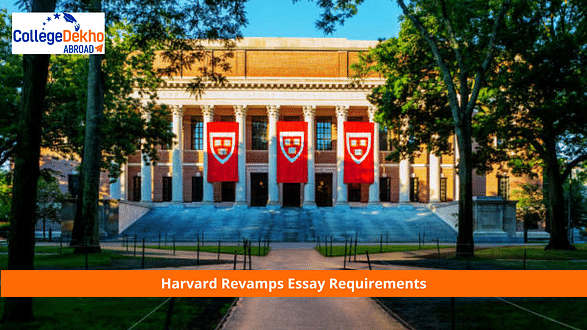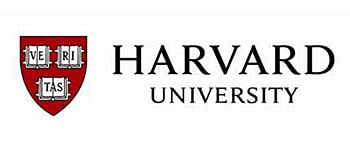Affirmative action in college applications has recently been declared unconstitutional by the Supreme Court, and Harvard College is responding by revamping its essay prerequisites for high school seniors applying for admission.
The Harvard supplement optional essay, a longer form of response that permitted hopefuls to compose an essay on practically any subject of their choosing, was eliminated and replaced with required short answer questions after the Supreme Court severely curtailed the incorporation of racial profiling in higher education admissions.
Also Read: Registration for NMAT by GMAC 2023 Begins From August 1
Previously, there were three optional writing sections on the Harvard College application: a 150-word answer to an extracurricular question, a 150-word essay describing further intellectual experiences, and the Harvard supplement. As of now, there are five questions with brief answers on the Harvard admission application, all of which must be answered and have a maximum length of 200 words.
The interview questions probe into the applicants' past experiences, intellectual pursuits, extracurricular activities, plans for using their Harvard degree, and the top three things they would like their flatmate to know about them. The new, brief essays are directly based on questions from the previous College application.
The following are revamped short Harvard College essay prompts:
-
Give a brief account of a significant intellectual confront in your life.
-
Describe any extracurricular activities, career history, travel, or family obligations that have helped form who you are briefly.
-
Being inclusive of a diverse student body is something Harvard has long valued. What contributions can you make to the college based on the experiences that have shaped who you are today?
-
What plans do you have for your Harvard college education?
-
Top 3 things about you that your flatmate could find interesting.
Also Read: Second Round of UK’s India Young Professionals Scheme Open
Based on College spokesman Jonathan Palumbo, an optional essay has been substituted by a total of five brief required essays as a requirement of the undergraduate admissions process aimed at providing all applicants with the chance to look back on and share how their life experiences, academic, and extracurricular activities moulded them, how they will interact with others at Harvard, their future goals, and more.
In a decision issued in June by the Supreme Court's Chief Justice John Roberts, the court held that universities in the USA could still consider an applicant's perceptions of how race affected their lives, so long as those perceptions were directly related to a personal trait or special talent the applicant could offer the university community. Roberts advised against universities simply establishing a system that is already illegal through admission essays or other methods.
The month of August marks the start of the application period, which presents a difficult burden for US college admissions offices. School administrators will have to find a means of fostering diversity in the international student body while balancing the Supreme Court's restriction on 'No more selecting students based on race'. Among the defendants in the lawsuit were Harvard and the University of North Carolina.
Also Read: Finland to Recruit Nearly 45,000 Int'l Students and Workers by 2030, Primarily Indians
The university's revised essay requirements were previously revealed by The Harvard Crimson. In earlier submissions, adaptations of Harvard's new format were present. The same questions will be asked to all applicants moving forward.
Other US institutions are also changing how they handle applications. Applicants get the opportunity to discuss their educational experience and how their knowledge will benefit their time at the University of Virginia.
A revamped Harvard College application now includes an optional essay section that allows all applicants — including, for instance, individuals without a tie to the institution and those who are not their alumni — to share their experiences as individuals.
Even Roberts's remarks have been integrated into an essay prompt at Sarah Lawrence, a liberal arts college in Bronxville, New York, which asks potential students to consider how they think the court's ruling may affect or influence their educational objectives.
Source: The Economic Times
Planning to Pursue Your Higher Education at Harvard University?

























